How to Find a Buyer for Commercial Real Estate
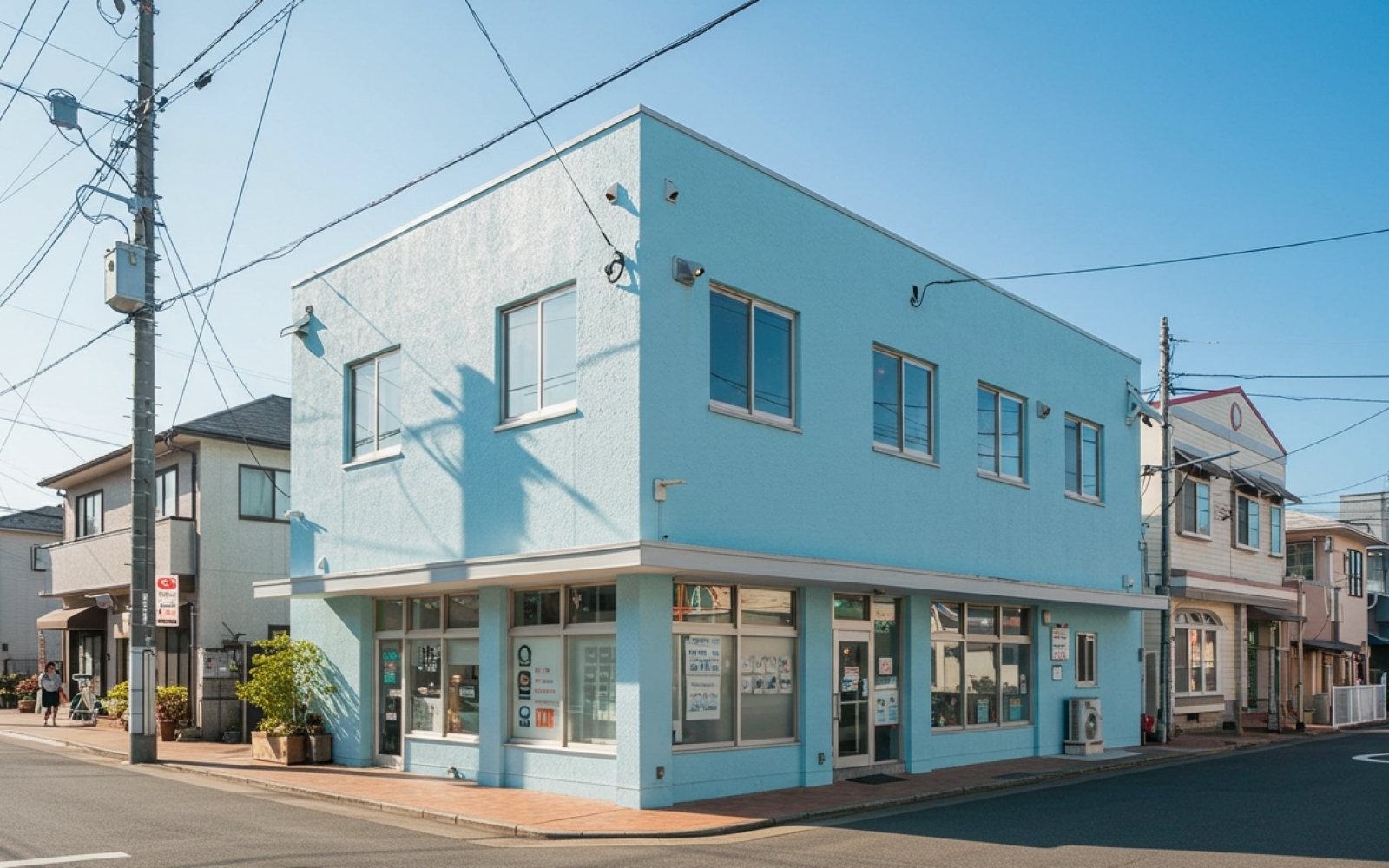
Key Takeaways
-
Commercial real estate sells differently than residential—buyers are more focused on income, location, and long-term potential.
-
Know your property’s strengths—like zoning, income, and location—to attract the right kind of buyer.
-
Pricing matters—do your market research or work with a commercial broker to avoid overpricing or underpricing.
-
Use the right platforms like LoopNet, Crexi, and LinkedIn where serious investors actually look for properties.
-
First impressions count—clean up your property and use professional photos or virtual tours to stand out online.
-
Target your buyer—investors, business owners, and developers all want different things.
-
Networking works—attend events, reach out directly, and tap into your broker’s buyer list.
-
Off-market deals can be effective, especially for unique or sensitive properties.
-
Stay flexible—creative deals like seller financing or lease-to-own options can help close tough sales.
-
Don’t just wait—take action to market, negotiate, and close the sale on your terms.
Selling Commercial Property Isn’t Like Selling a House
If you’ve ever sold a house before, you might think selling a commercial property works the same way. Put up a sign, list it online, wait for offers—right? Not quite.
Selling commercial real estate takes a different kind of plan. Why? Because commercial buyers are not always easy to find. You’re not dealing with families looking for a new home—you’re dealing with investors, business owners, and developers. These buyers think about cash flow, square footage, location, and long-term returns.
That means you need more than just luck. You need a smart approach, the right connections, and tools that help your property stand out in a smaller, more competitive market.
Know Your Property’s Selling Points
Before you try to find a buyer, take a good look at what you’re selling. Commercial real estate isn’t just about buildings—it’s about how those buildings make money or serve a purpose.
Start by asking yourself a few simple questions:
- What kind of commercial property is it? (Is it a retail space, office building, warehouse, or something else?)
- Is it empty or does it already have tenants?
- How much income does it bring in, if any?
These answers matter. For example, an investor will care about the income potential, like rental income or future resale value. A business owner may care more about location, parking, or zoning rules.
Also think about:
- Is the building in a high-traffic area?
- Is it near highways, public transport, or shopping areas?
- Are there any recent upgrades or repairs?
Buyers will be looking for a reason to say yes. The more you know about what makes your property valuable, the easier it is to market it in the right way.
Price It Right (with Market Research)
One of the fastest ways to scare off buyers is by setting the wrong price. If you price your property too high, people won’t even call. If you price it too low, you could lose thousands of dollars. That’s why pricing it right from the start is so important.
To do this, start with market research:
- Look at similar commercial properties (called comps) in your area.
- Check recent sales—what sold, for how much, and how fast?
- Talk to a commercial real estate broker or appraiser who knows your local market.
For commercial deals, many buyers also look at the cap rate (short for capitalization rate). It’s a simple formula:
Cap Rate = Net Operating Income ÷ Purchase Price
This number helps buyers figure out if the deal is worth it. A higher cap rate often means more income potential—but it can also mean higher risk.
You don’t need to be an expert in formulas. Just know that your asking price should match the property’s condition, location, and income potential. When it’s priced fairly, it gets attention faster.
Work with a Commercial Real Estate Broker
Trying to sell commercial property without the right help is like trying to fix a roof without a ladder. You can do it, but it’s a lot harder—and you’ll likely miss out on better deals.
A commercial real estate broker does more than list your property. They:
- Know the local market inside and out
- Already have a network of investors and business buyers
- Can help you set the right price and avoid costly mistakes
- Handle the paperwork, negotiations, and red tape
Unlike regular residential agents, commercial brokers specialize in business properties. That means they understand things like cap rates, lease structures, and zoning issues. They also know how to market your space to serious buyers—not just window shoppers.
If you want to sell your property faster and for the best price, having a pro on your side makes a big difference. You don’t have to go it alone—and in commercial real estate, you really shouldn’t.
Market Where Commercial Buyers Actually Look
If you want to find real buyers, you need to show up in the right places. Unlike homes, you won’t find many commercial properties selling through Facebook Marketplace or your neighborhood flyer.
Here’s where serious commercial buyers actually search:
- LoopNet – This is one of the biggest marketplaces for commercial real estate.
- Crexi – Another great site for both sales and leasing.
- CoStar – Used by brokers and investors for detailed listings and market data.
- Local commercial MLS platforms – Ask your broker which ones matter in your area.
- LinkedIn – Many investors and business owners look for deals here, especially in groups.
- Commercial brokerage websites – Top firms often have their own buyer networks.
Bonus tip: Email lists and investor newsletters are gold. Some brokers and investment groups send out regular deal alerts. Getting your property into one of those emails could land you a serious buyer fast.
The more places your listing shows up—especially where investors hang out—the better your chances of closing a deal.
Improve Curb Appeal — Yes, Even for Commercial
You might think curb appeal only matters when selling houses. But guess what? It matters just as much in commercial real estate—maybe even more.
When a potential buyer pulls up to see your property, their first impression sets the tone. If the place looks rundown, dirty, or outdated, they may start looking for reasons to walk away before they even go inside.
Here’s how to boost your commercial property's curb appeal:
- Clean up the exterior – Power wash the walls, sidewalks, and windows.
- Fix visible damage – Cracked pavement, broken lights, and peeling paint should go.
- Update signage – Make sure it looks modern, clean, and easy to read.
- Tidy the landscaping – Trim bushes, mow the lawn, and add a few plants if needed.
- Clean up the interior too – Clear out clutter, sweep the floors, and turn on the lights.
Also, invest in professional photography. A few clear, well-lit images can make your property stand out online. Some sellers even use drone shots or video walkthroughs—especially for larger spaces.
Buyers will picture how the property could look to their customers, tenants, or employees. Make sure what they see tells the right story.
Use Digital Tools and Virtual Showings
Today, many commercial buyers don’t have time to visit every property in person—especially if they’re out of town or investing from another state. That’s where digital tools come in handy.
With the right tech, you can give buyers a full tour of your property without them ever stepping foot on-site.
Here are a few smart tools to consider:
- 3D virtual tours – Platforms like Matterport let buyers walk through the space online.
- Drone footage – This is great for showing rooftops, parking areas, or large lots.
- Video walkthroughs – A quick, guided tour with voice-over can explain the layout and key features.
- High-quality photos – Clear, wide-angle shots of both the inside and outside are a must.
Some commercial brokers already include these tools in their marketing package. If not, you can hire professionals to do it for you—and it’s usually worth the cost.
Virtual showings save everyone time and help buyers feel more confident before reaching out. The better your listing looks online, the more interest you’ll get—fast.
Target the Right Buyer Type
Not every buyer is the same—and your commercial property won’t appeal to everyone. That’s why it’s important to know who you’re trying to sell to.
Ask yourself:
- Is your ideal buyer an investor looking for rental income?
- A business owner who wants to move in and operate right away?
- A developer who plans to tear it down and rebuild?
Your marketing and messaging should match that buyer’s needs.
For example:
- If your building already has tenants and steady rent coming in, highlight the income potential and cap rate—this will appeal to investors.
- If the space is perfect for a café, office, or salon, show how move-in ready it is—this will attract business owners.
- If the land is more valuable than the building, focus on zoning, lot size, and redevelopment potential—a developer will care about that.
When you know your audience, it’s easier to speak their language—and get them interested faster.
Network Like Crazy
When it comes to commercial real estate, some of the best deals happen off the internet—through word of mouth and personal connections. That’s why networking is one of the smartest ways to find a buyer. Start by attending local business events or meetups. Your city’s chamber of commerce, real estate investor groups, or even casual business mixers are great places to meet people who may be interested or know someone who is.
Talk to nearby business owners, too—some might be looking to expand or relocate and just haven’t seen your listing yet. Real estate attorneys, accountants, and financial advisors are also great contacts to tap into; they often have clients with money to invest and are waiting for the right opportunity. And don’t overlook LinkedIn—it’s a powerful tool for sharing your property with professionals and joining local investor groups.
Even your broker’s own network can bring in leads you wouldn’t have found on your own. At the end of the day, every conversation is a chance to move your property closer to a sale. The more people who know it’s on the market, the faster the right buyer will find you.
Consider Off-Market Strategies
Not every deal needs to be listed publicly. In fact, selling your commercial property off-market can sometimes attract more serious, qualified buyers. Off-market means you’re not blasting your listing everywhere—it’s shared quietly through select networks. This strategy works well if you want to keep the sale private or avoid signaling that the business is struggling. You can start by reaching out directly to known investors, past clients, or business contacts. Some sellers use targeted direct mail—sending letters or postcards to nearby property owners or investors who might be interested in expanding. You can also let your commercial broker handle it quietly through their personal buyer list or investor groups. Pocket listings like these can generate real interest without the pressure of a public sale. While it will take a little longer, the quality of leads you get can be much higher. If you have a unique property or are targeting a very specific buyer type, off-market selling can give you the flexibility and control you need.
Be Ready to Negotiate and Offer Creative Deals
In commercial real estate, flexibility can be your biggest advantage. Most deals don’t close at the asking price or with perfect terms. That’s why being open to negotiation—and thinking outside the box—can help you close faster. Some buyers may ask for seller financing, where you carry part of the loan yourself. Others might need time to secure funding, or they might want a lease-to-own option.
You might also offer build-out credits to help them renovate the space after closing. These types of creative solutions can make your property stand out in a competitive market. The key is to focus on a win-win outcome. You want to get the deal done at a fair price, but the buyer also needs to feel confident they’re making a smart investment. When you’re prepared to listen and adjust, you open the door to more offers—and better chances of sealing the deal.
Final Thoughts: Don’t Just Wait — Work the Sale
Selling commercial real estate isn’t about listing it and waiting for the phone to ring. It takes real effort, strategy, and persistence. The market for commercial buyers is smaller and more selective, so you need to be proactive every step of the way. Know what makes your property valuable.
Price it based on facts, not feelings. Use the tools serious buyers rely on, and don’t be afraid to market aggressively. Most importantly, surround yourself with the right people—brokers, professionals, and a solid network that can open doors you might not reach on your own.
Finding the right buyer takes more than luck. It takes action. And the more prepared and involved you are, the faster your sale can happen—and the better your results will be.
Recent Blogs
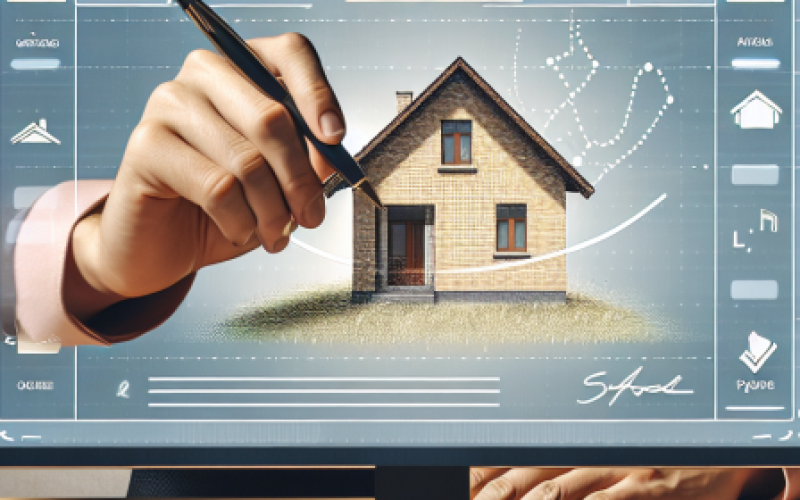

What Is Buyer’s Remorse? How to Avoid Regret After Buying a Home
You saved, planned, and finally signed all the paperwork. The keys are in your hand, and your new home is officially yours. But as the excitement fades, a strange feeling sneaks in. Instead of joy, you start to feel unsure. You wonder, "Did I make the right choice?" or "What if I rushed into this?"
Read MoreWhat Is Buyer’s Remorse? How to Avoid Regret After Buying a Home
1031 Exchange Explained: How to Sell and Buy Property Without Paying Taxes (Right Away)
A 1031 exchange is a rule in the U.S. tax code that lets you sell one investment property and buy another without paying taxes right away
Read More1031 Exchange Explained: How to Sell and Buy Property Without Paying Taxes (Right Away)
The Best Real Estate Tools For Homebuyers
These days, you need to move faster because the faster you move, the more money you save. And the more organized you are, the less you make mistakes, and today, a mistake costs a lot!
Read MoreThe Best Real Estate Tools For Homebuyers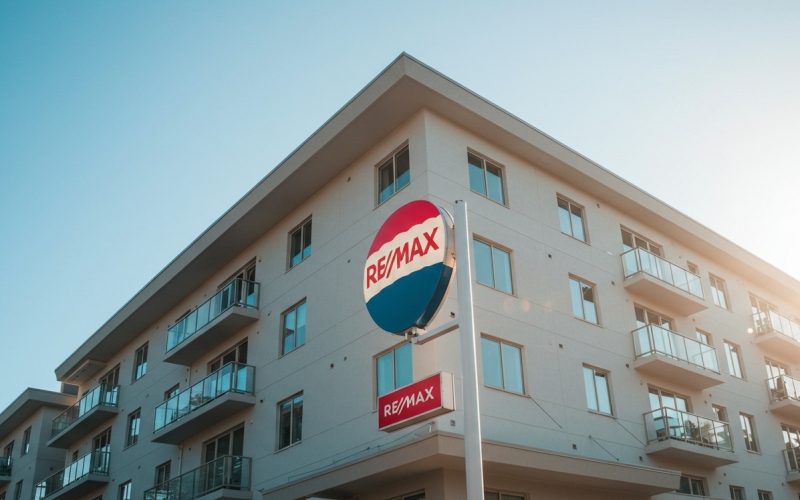
Real Estate Branding: How to Build a Powerful Identity That Sells!
Strong brands create feelings. Whether it’s confidence, comfort, or trust—your brand is how you make clients feel before and after every deal.
Read MoreReal Estate Branding: How to Build a Powerful Identity That Sells!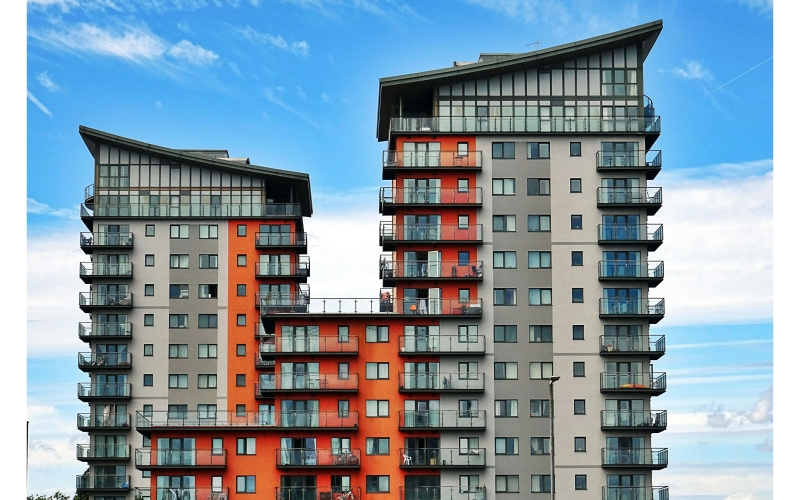
What Is A Rental Property?
A rental property is being rented by the owner of said property for the sole purpose of making a profit.
Read MoreWhat Is A Rental Property?
What Happens to U.S. Real Estate When War Breaks Out?
When war breaks out, real estate markets react fast—home prices may drop, demand slows, interest rates shift, and investors often become more cautious.
Read MoreWhat Happens to U.S. Real Estate When War Breaks Out?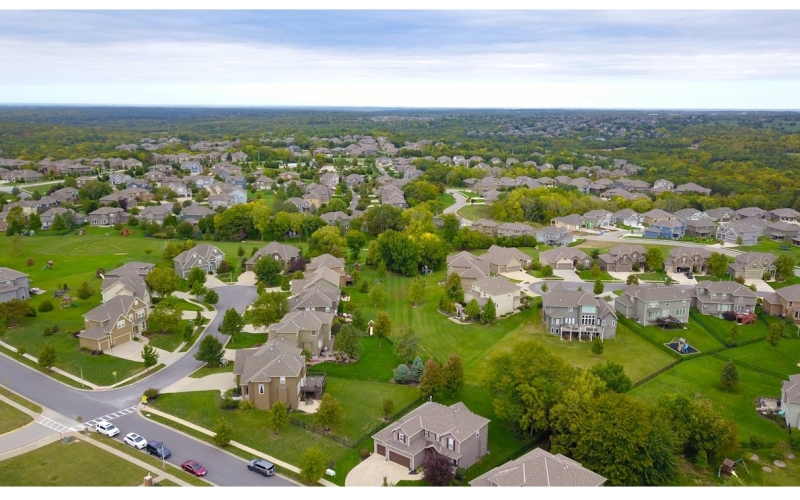
How to Start Investing in Real Estate Even If You're a Beginner!
Start investing in real estate by setting a budget, choosing a property type, getting financing, and working with a trusted agent or advisor.
Read MoreHow to Start Investing in Real Estate Even If You're a Beginner!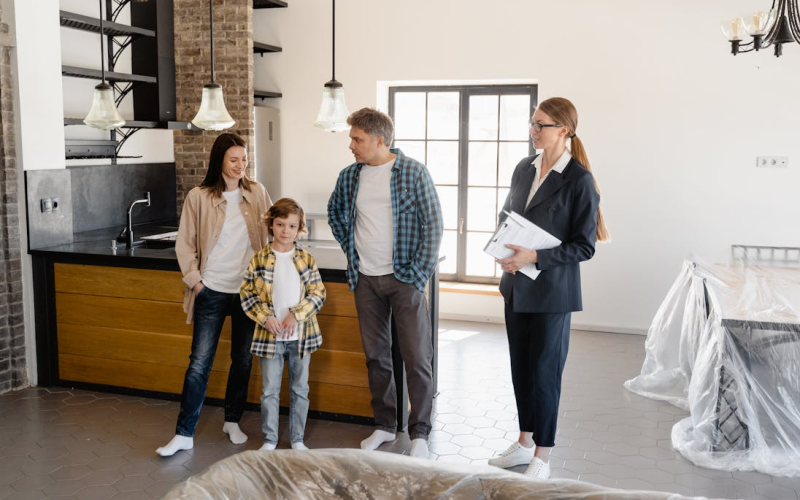
Listing Checklist Before Selling a House
Before listing your house, clean and declutter, make small repairs, and boost curb appeal. Gather key documents, set a fair price with your agent, and take quality photos. Keep the home clean and inviting for showings.
Read MoreListing Checklist Before Selling a House
Is It Cheaper to Build or Buy a House
Whether it's cheaper to buy or build a house depends on several factors like location, materials, and labor costs. In many areas, buying an existing home is often more affordable and faster than building one. However, building a home can give you more control over design and energy efficiency. It’s important to compare costs in your area and consider your budget, timeline, and preferences.
Read MoreIs It Cheaper to Build or Buy a House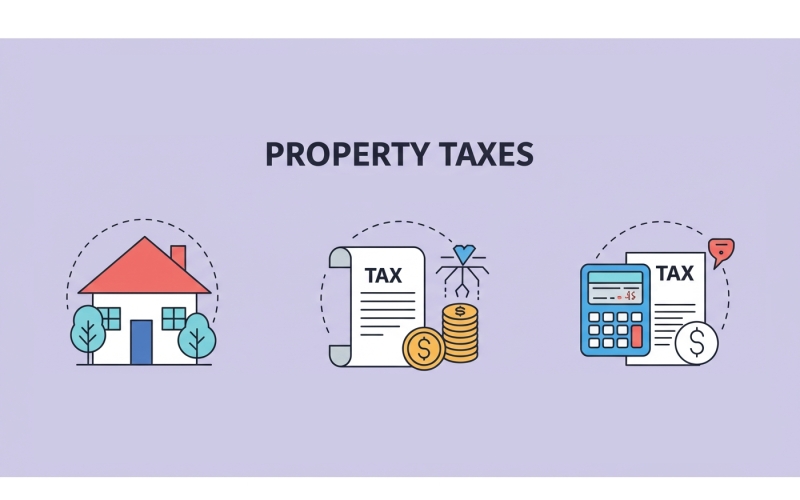
Iowa Property Taxes of 2025
Iowa's property taxes are higher than the national average and vary by county. They are based on the value of land and buildings and help fund local services like schools and public safety. Taxes are paid in two installments each year.
Read MoreIowa Property Taxes of 2025
Cheapest Places to Live in Iowa
Iowa has several affordable places to live, such as Keokuk, Oelwein, and Fort Dodge, known for low housing costs and overall affordability. Keokuk offers scenic views with homes under $90,000, while Oelwein and Fort Dodge provide affordable rent and low property taxes. Cities like Waterloo and Creston also offer budget-friendly options, making Iowa a great choice for those seeking an affordable lifestyle.
Read MoreCheapest Places to Live in Iowa

